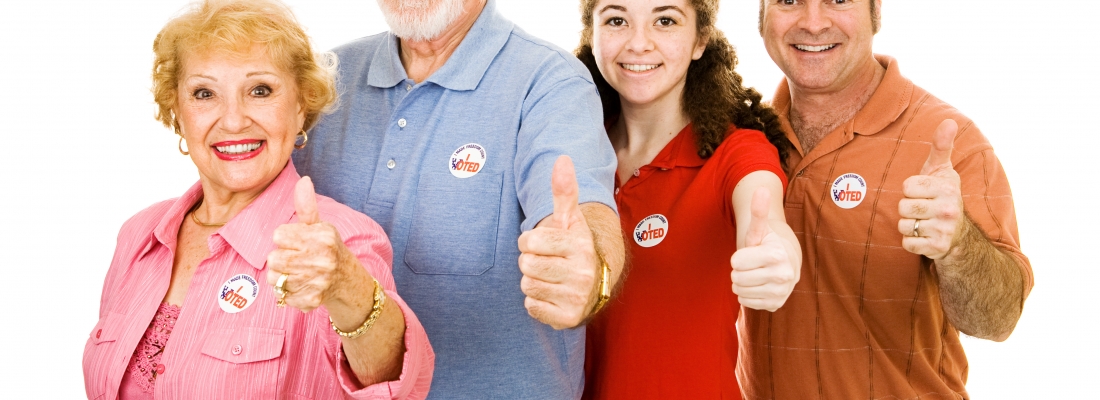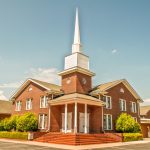Throughout American history churches have played an interesting and sometimes controversial role in political debates. Under the Johnson Amendment, a modification to the Internal Revenue Code passed in 1954, churches must be careful about engaging in partisan speech. But churches can do a wide range of nonpartisan activities related to voting without triggering the restrictions of the Johnson Amendment.
Churches are allowed to encourage voting
Federal law does not restrict a church’s nonpartisan speech. In practice this means that a church may freely encourage its congregation to vote. It may also do a wide range of things that touch upon political matters, including:
- Providing members of the congregation with nonpartisan information about issues in an election, such as in pamphlets or information sessions.
- Organizing voter registration efforts, perhaps by providing registration cards to members of the congregation.
- Hosting candidates to office as speakers, provided that every candidate on the ballot is given an equal opportunity to participate.
- Holding discussions about the relationship between church doctrine and ballot issues.
Avoiding the “political speech” trap
It can be easy to overstate the restrictions that the Johnson Amendment imposes upon churches. But there are some important limits that churches must bear in mind if they do decide to encourage voting or do other nonpartisan activities. The most important thing to bear in mind is that a church cannot engage in partisan speech. That means that a church cannot specifically endorse a political candidate, contribute money to a campaign, or provide material support for a specific candidate (such as by allowing the campaign to distribute literature at the church, or to speak at church events).
There are more wrinkles to the political speech question. Churches that want to encourage their congregations to vote should feel free to do so. But ministers should take care not to cross the partisan line. Some rules are deliberately vague, allowing for speech that does everything but explicitly endorse a candidate, such as discussing church doctrine as it relates to ballot measures. To avoid problems it can be helpful to get the advice of an attorney.
The Church Law Center of California works with religious and secular nonprofits to get them organized and legally compliant. If you have questions about your church’s ability to encourage voting or engage in other politically oriented activities, we can help. Call us today at (949) 892-1221 or reach out to us through our contact page.






